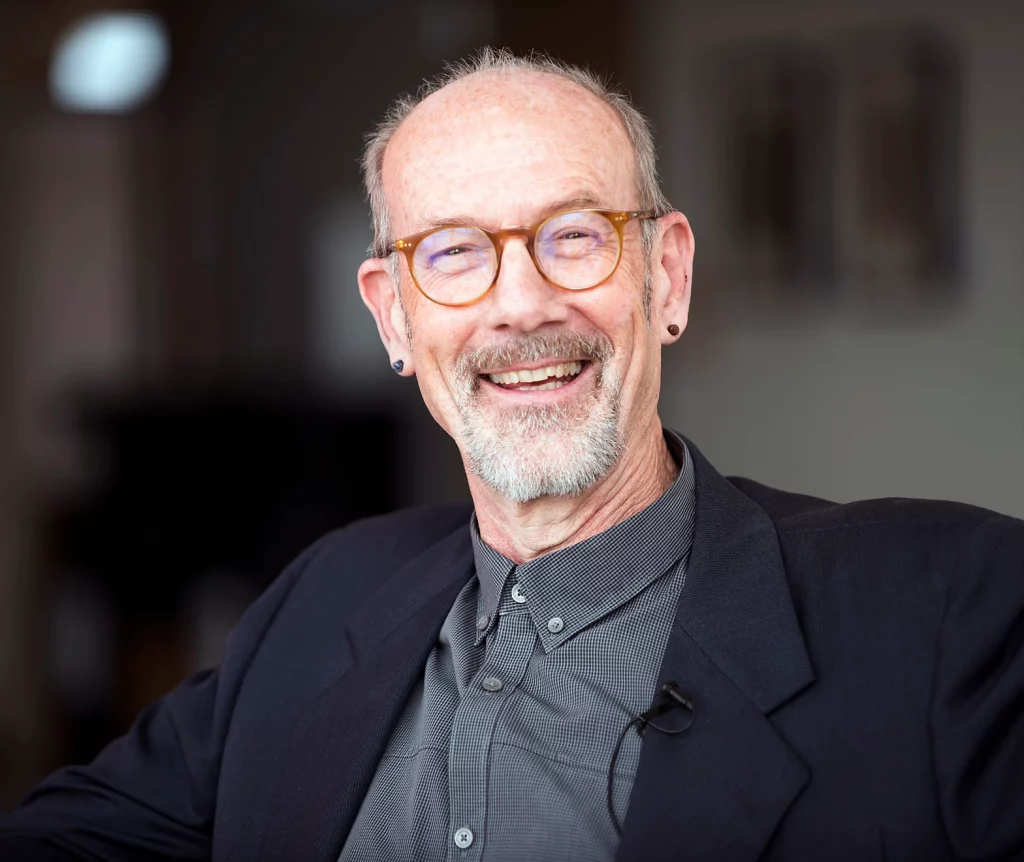Issue 65 of Tampa Review is off to the printer! To celebrate, we are sharing one of its featured poems, apropos of recent discussions on the death of poetry.

Jon Davis is the author of six chapbooks and seven full-length poetry collections, including Above the Bejeweled City (Grid Books, 2021) and Choose Your Own America (FLP, 2022). Davis also co-translated Iraqi poet Naseer Hassan’s Dayplaces (Tebot Bach, 2017). He has received a Lannan Literary Award, the Lavan Prize, and two National Endowment for the Arts Fellowships. He taught for 28 years at the Institute of American Indian Arts and founded, in 2013, the IAIA low residency MFA in Creative Writing, which he directed until his retirement in 2018. A new collection, Anathematica, is forthcoming from Grid Books in 2024.
After the Death of Poetry
It was success that killed it. It had lived
peacefully in the small village of its making
for years. We’d see it occasionally, or pass
an open door in summer where someone
was standing at a podium and speaking
in that way we recognized, and we would nod
and continue on with our day, assured
that it was surviving the way an endangered
tortoise survives, lumbering the endless desert
until it finds another tortoise, a small tuft
of grass. Or we’d see a line of thin books
in a bookstore, a stack of homely journals,
and think, good, they’re still singing, this
oddly plain species, from the treetops and hills.
Their songs were not for everyone, knotted
and braided as they were, but we liked
that they were making and sharing them.
If we thought bless their hearts, it was more
to praise their devotions than to satirize them.
But then, things began to change. Their songs
got louder, simpler. They began appearing
on buses and trains, on screens, sounding
from street corners and bars and phones.
At times they ranted, at times they wept.
And an amazing thing happened: We started,
slowly at first, to understand
what they were saying. At last, we could stand
and cheer and not worry that we’d
missed the point. Yes, we thought,
your father was mean! Yes, the police
are brutal and, yes, racist! Yes, the yellow
butterflies bring us peace. They are emblems
of light and soulfulness and beauty.
And, oh, the patriarchy of it all! And
you loved your dog but he died. And
that boyfriend truly was, as you say
so pointedly, a bastard! Now we can
grieve with you on this bus huffing
and swaying down Fifth. We can hear you,
brothers and sisters, as we wait
for the DJ to arrive, the woman to tune
her guitar. Soon, we understood,
everyone is a poet. Every utterance, once
spread across the page, a poem! Eventually,
we could no longer tell what was poetry
and what was talk. And that’s the way
we wanted it. We realized that the poets
had been making us feel inadequate.
Even our unspoken contempt for them
had been driven by our feelings of failure–
to hear, to understand the complexity
of their writings. Now that poetry was dead,
really dead, we could finally enjoy it.
But then a strange thing happened. We started
missing it. The way you might miss a jungle
you’d never visited, a mountain you’d
only seen in photographs. We wandered
the streets hoping to lean into a gallery
and hear those cadences, those baffling
metaphors, see the audience members turn
to each other, sharing some secret,
some mysterious companionship
that made us envious. We missed
ignoring them, missed knowing they
were settling like a flock of sparrows
into an elm at dusk, chirping softly
as night filtered through the branches, sifting
finally into the bones of those dark, drowsing birds.
Comments are closed, but trackbacks and pingbacks are open.